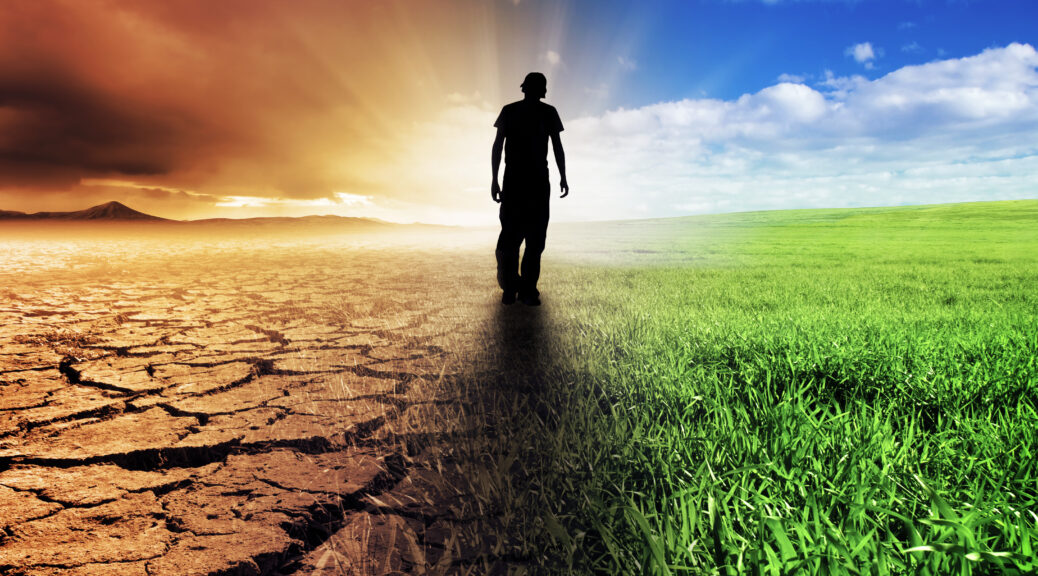
Climate Change and Travel
We planned to travel to Western Australia a few years ago, but the itinerary for our tour was drastically changed due to devastating wildfires in the country. We ultimately cancelled the trip.
Just recently, we took a Canadian Maritimes tour that would take us into Nova Scotia, New Brunswick and Prince Edward Island. A few weeks before our trip, we weren’t sure it would even happen. There were wildfires in Nova Scotia resulting in evacuations, including ones near Halifax. But fortunately through the hard work of firefighters and some rainstorms, the fires in that area were brought under control. Others continue to rage in the west. About a week after we were back from our Maritimes trip, there was torrential rain in Halifax and nearby Lunenburg, with more than 10 inches of rain falling in 24 hours. This storm resulted in evacuations, significant damage to homes, washed out roads and individuals missing in flash floods. The intensity of these two events were likely in part due to climate change.
A CBS news headline on July 19, 2023: “Record-breaking heat, flooding, wildfires and monsoons are slamming the world. Experts say it’s only begun.” The news article goes on to report examples of these extreme conditions. Phoenix, Arizona had temperatures of 100o or above for 19 days in a row. Death Valley, one of the hottest places on earth, reached 125.6o. These extreme temperatures are being seen in Europe as well. France, Switzerland, Germany and Spain all broke heat records. The European Union’s earth observation service reported that soil temperatures in Spain exceeded 140o. Network news shows tourists in the airport at Athens as they attempt to leave Greece due to wildfires. India has faced record monsoons across the entire country.
What is currently being experienced is only the beginning of what the planet can expect to see…A wide range of experts – from global agencies to national organizations and individual climate experts – have been warning for decades of the impact that warming global temperatures could have on the state of the planet. As temperatures continue to rise across the world – mostly from the burning of fossil fuels – extreme weather will only intensify.
https://www.cbsnews.com/news/record-breaking-heat-flooding-wildfires-and-monsoons-are-slamming-the-world-its-only-just-begun/
While travel has returned to near normal levels after the pandemic, I think we have to face that climate change and resulting weather events will likely affect travel and tourism as we move forward. What does this mean for us as travelers?
I will share a few of my thoughts. First, travel insurance seems especially important as trips could be cancelled at the last minute due to weather events. Be sure to read policy details carefully to make sure such situations would be covered by the insurance you are considering.
If you are traveling out of the country, register your trip on the US Department of State’s “STEP” platform (Smart Traveler Enrollment Program). With STEP, you provide information about your dates of travel, destination and contact information. In the event of an emergency (this could be terrorism, a natural disaster, etc.), the US Consulate or Embassy in the country you are visiting will have the information they need to provide you with safety information and/or assistance. Also check to see if health insurance will cover you when you are outside the United States. If not, a supplemental policy designed for international travelers might provide you with added protection.
If you are considering travel with a tour company or cruise line, find out what resources they have to assist clients in the event of an emergency. Depending on the situation, you might need medical assistance, transportation to a secure location or even evacuation. Do they have local contacts and staff that can provide assistance?
Whether you are traveling with a company or independently, be aware of what is happening and is forecast to happen in the area(s) you are visiting. If there is an issue, think proactively about your next best steps to insure your safety and those with whom you are traveling. And if possible, let those at home know you are safe and your immediate plans.
Finally, do what you can to address climate change. This might be reducing your own carbon footprint, advocating for policy change, and/or supporting non-profits working toward climate solutions. Not only can climate change impact us as travelers, but it will most certainly affect our children and grandchildren.
[The picture for this post was purchased from shutterstock.com. The photographer was kwest.]